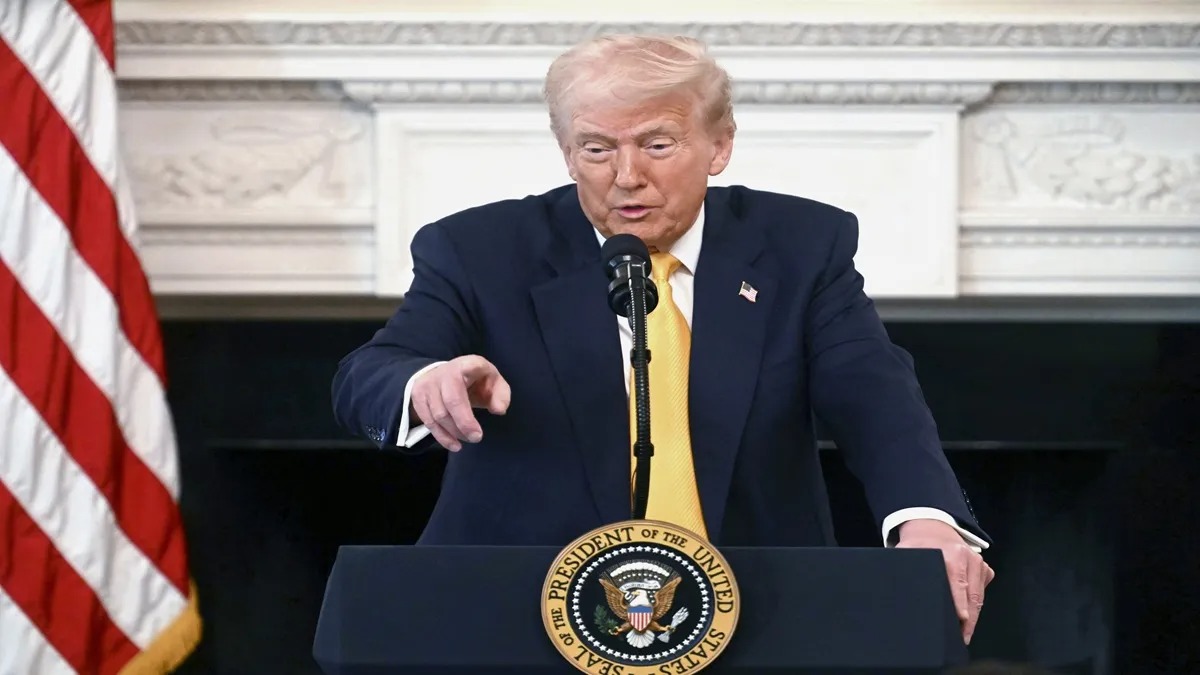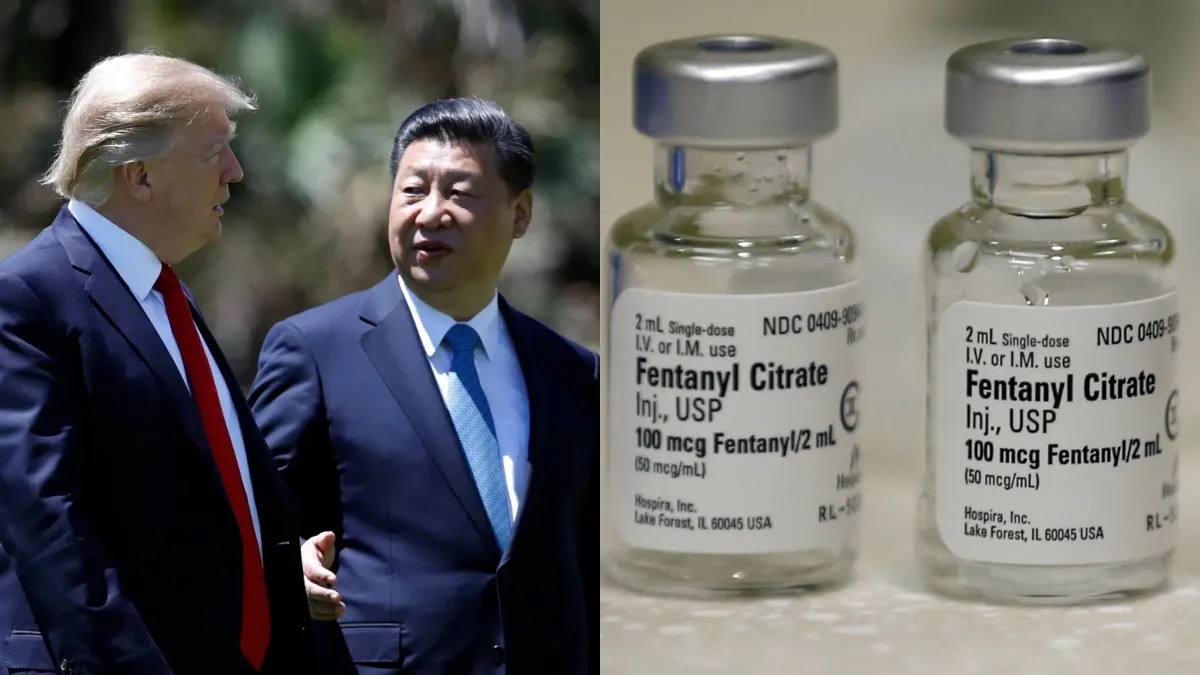
President Donald Trump announced on Thursday (March 6) that he is postponing the implementation of a 25% tariff on most Mexican goods for another month. This decision follows discussions with Mexico’s president and comes after Commerce Secretary Howard Lutnick indicated that tariffs on both Canada and Mexico were likely to be delayed. This marks the second time Trump has postponed the tariffs since initially introducing them in early February.
The delay applies to goods that comply with the United States-Mexico-Canada Agreement (USMCA), which Trump negotiated during his first term.
Trump’s Justification for the Delay
Trump emphasized that the U.S. and Mexico are collaborating on border security, particularly in stopping illegal immigration and fentanyl trafficking.
“We are working hard, together, on the border, both in terms of stopping illegal aliens from entering the United States and, likewise, stopping fentanyl,” Trump said.
However, his inconsistent stance on tariffs has caused volatility in financial markets, reduced consumer confidence, and created uncertainty for businesses that could impact hiring and investment decisions. Despite this temporary relief, Lutnick reiterated that reciprocal tariffs—where the U.S. imposes import taxes on countries that tax U.S. exports—will still take effect on April 2.
Canada's Reaction: Cautious Optimism
Canadian Prime Minister Justin Trudeau responded to the announcement, stating that the one-month delay aligns with ongoing discussions between his government and U.S. officials. However, he noted that while the move is a “promising sign,” the tariffs remain in place, meaning Canada’s countermeasures will also continue.
Commerce Secretary Lutnick Confirms Tariff Delay on Mexican Goods
Earlier on Thursday, Commerce Secretary Howard Lutnick confirmed in a television interview that President Trump would likely extend the 25% tariff suspension for most goods imported from Canada and Mexico. This expands a previous exemption that had only applied to automobiles.
Speaking on CNBC, Lutnick clarified that the one-month delay would cover all USMCA-compliant goods and services. He estimated that over half of all U.S. imports from Mexico and Canada would qualify for this exemption.
Despite the temporary relief, Lutnick warned that the threat of tariffs still looms. If Mexico and Canada fail to meet U.S. demands—particularly concerning fentanyl trafficking—the tariffs could be reimposed next month.
Fentanyl as a Key Factor in Tariff Decisions
One of Trump’s key conditions for permanently lifting the 25% tariffs is stronger efforts from Mexico and Canada to combat the trafficking of fentanyl, a powerful synthetic opioid responsible for a significant number of overdose deaths in the U.S.
Lutnick stated that U.S. officials will closely monitor fentanyl-related deaths to assess whether Canada and Mexico are making sufficient progress.
“We need to see fentanyl deaths decline—that is the metric I am focused on,” Lutnick explained.
Ongoing Trade Negotiations and Future Implications
Trump is expected to speak with Mexico’s President Claudia Sheinbaum later on Thursday, possibly issuing further announcements regarding trade negotiations. Lutnick suggested that while Mexico and Canada have taken steps to address U.S. concerns, their actions must lead to tangible results.
“Hopefully, we will announce this today—USMCA-compliant goods will not have a tariff for the next month until April 2,” Lutnick said. “If Mexico and Canada show enough progress on fentanyl, this issue could be off the table. But if they haven’t, the tariffs will stay.”

 Share
Share






